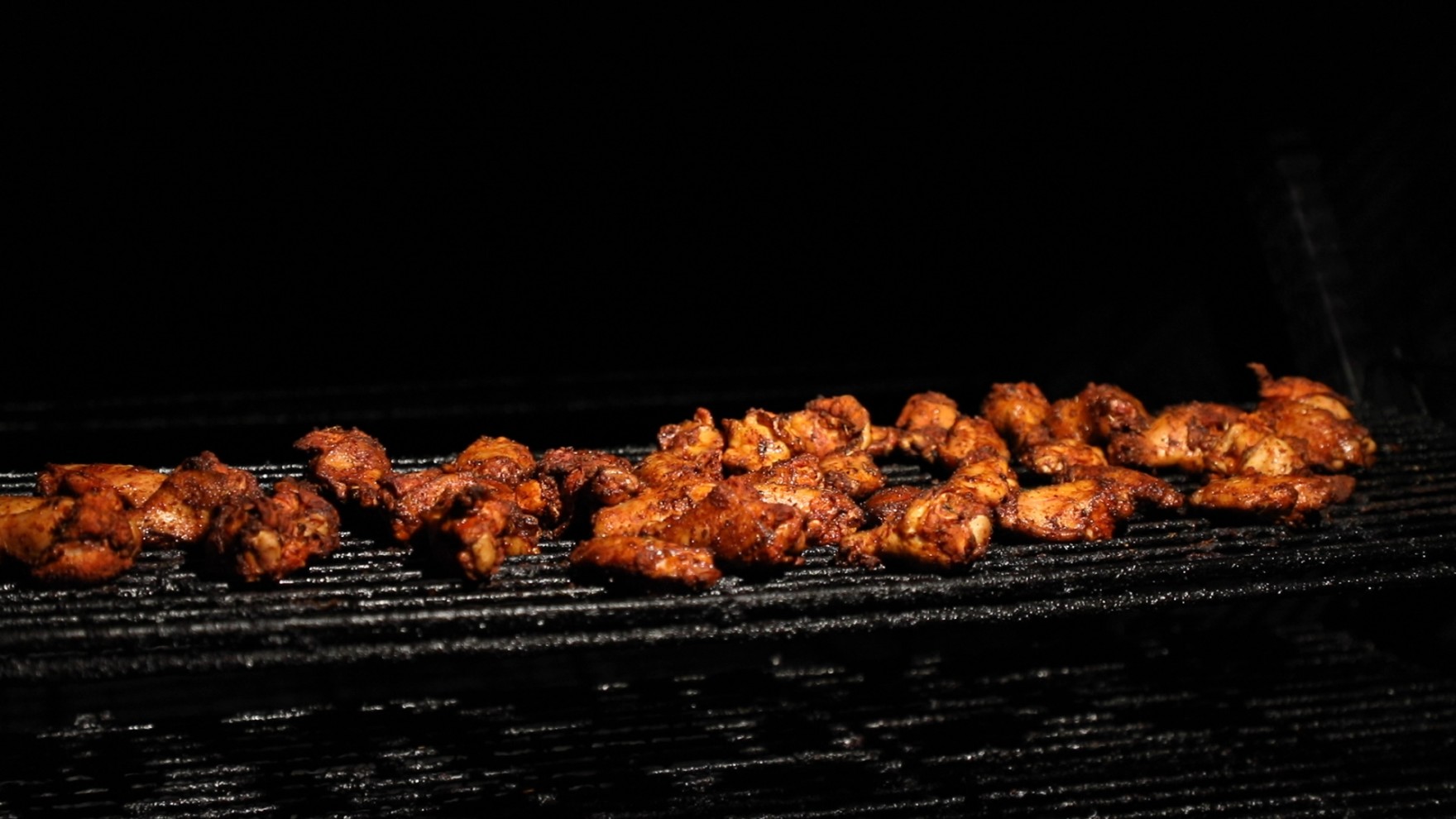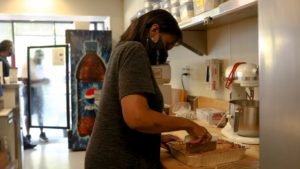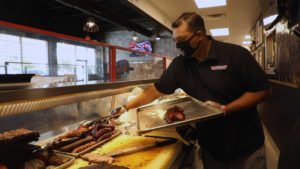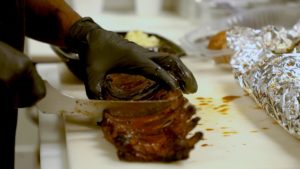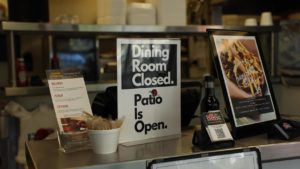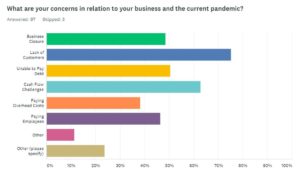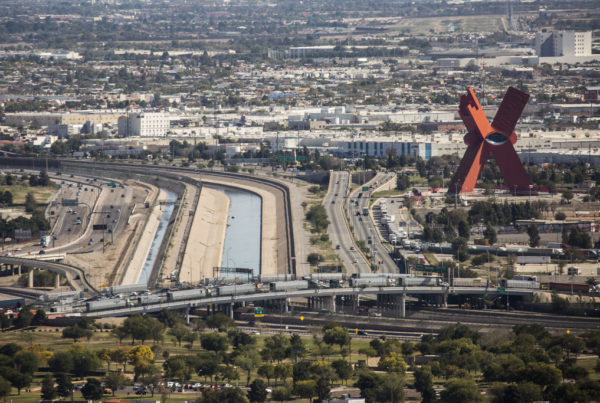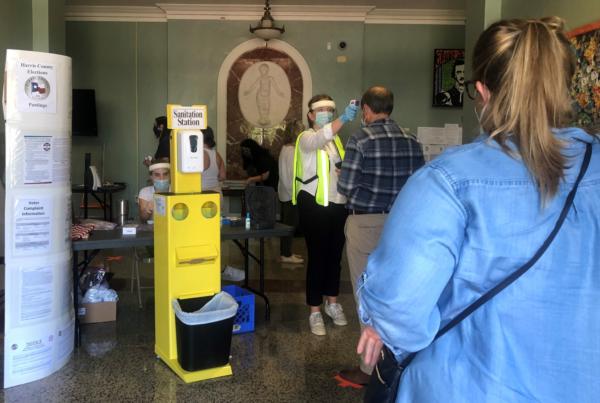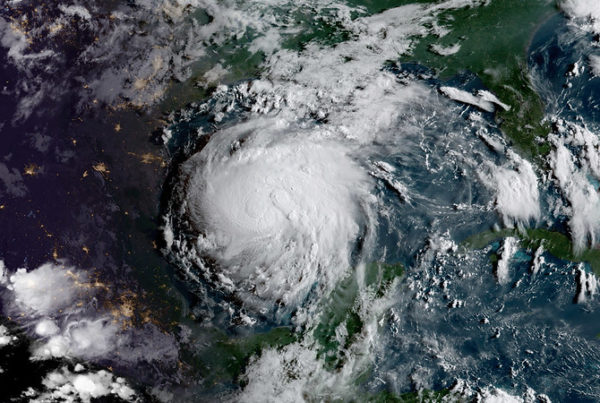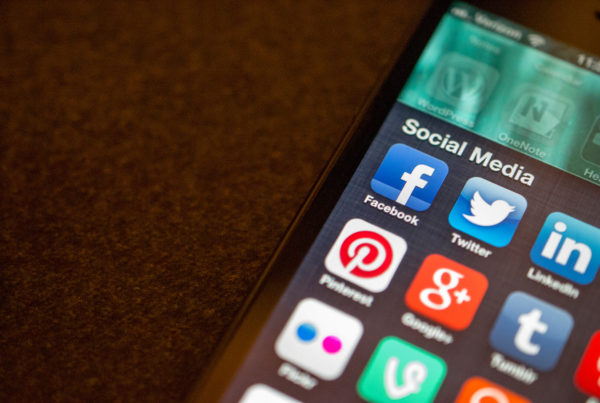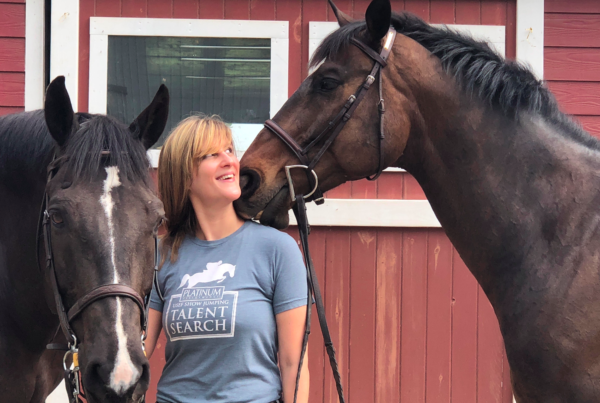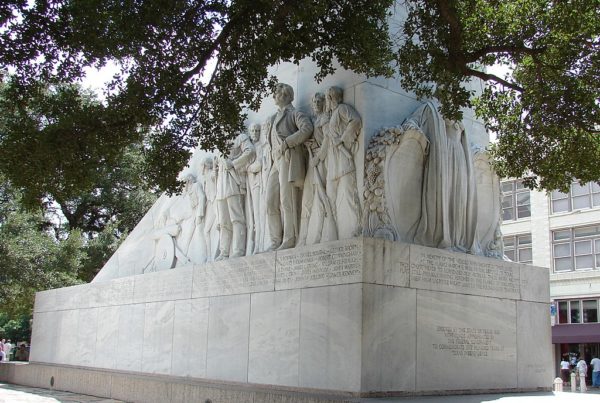From KERA:
The thought of biting into juicy, fall-off-the bone barbecue is still drawing North Texans out of their homes – despite the pandemic. But as locals stop by to indulge their cult-like obsession with the iconic Texas staple, their favorite neighborhood joints look a little different.
In the last few months, Black owners of barbecue restaurants in North Texas say the pandemic has presented new challenges for their businesses, like slashing catering and in-store sales.
But following the protests sparked by the police killing of George Floyd in early June, some said their stores are seeing surges in business — some shorter and others longer-lived — due to the rise in support for Black-owned businesses.
It has meant a season of financial highs-and-lows as entrepreneurs are seeing two of the country’s most significant headlines of the year — civil unrest and a pandemic — play out in their budget books. And though Black America has deep roots in barbecue history, their contributions to the field have long been overlooked in favor of their white counterparts.
Off the bone barbeque


